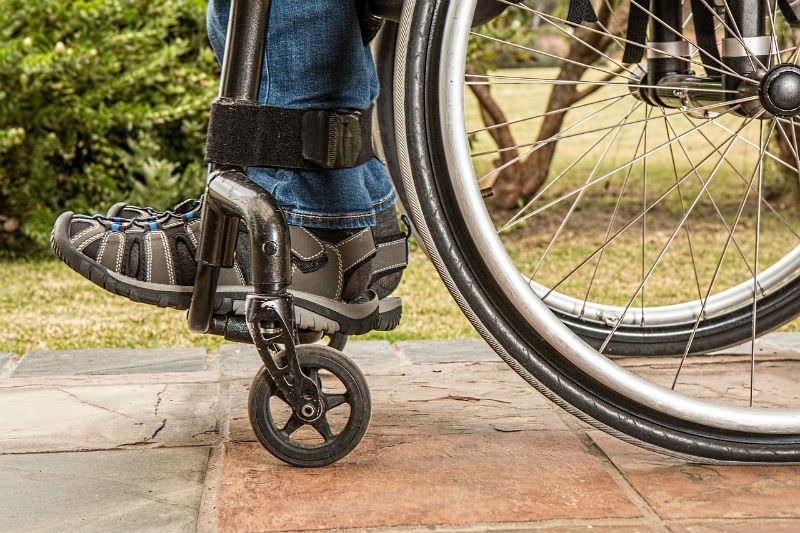When you are injured or become ill as a result of your employment, you may wonder if your regular health insurance plan will cover the costs of recovery. While health insurance, disability medical insurance, and workers compensation are all designed to cover illnesses and injuries to some point, there is a difference between workers comp and disability or health insurance. However, it can truly be confusing to know where the coverage for one type of insurance ends and another one begins.
Workers compensation is meant to cover work-related accidents or illnesses. This means that these medical issues must occur as a result of your employment or work conditions. Your regular health insurance or disability insurance should handle expenses that occur outside of the work environment, but they don’t have to cover any type of medical situation that occurs during the course of your employment.
Various Types of Insurance Coverage
Whether you’re an employer or an employee, it’s good to know about the different types of insurance that might be offered in the work place.
Health insurance may be provided by the employer or may be purchased by an individual outside of the work environment. These plans will cover, in some form, medical expenses that are not related accidents or injuries that occur during the course of your employment.
Disability insurance can be purchased for short-term or long-term needs. These policies cover some expenses for individuals who cannot work due to an illness or injury that occurred outside of employment. In most states, this coverage is voluntary, meaning that an employer is not required to offer this to employees.
Workers compensation is required to be provided by most employers and covers those medical expenses that occur on the job. Whereas other insurance types of federally regulated, workers compensation is regulated by each state.
Who Is Covered by Workers Compensation?
If you are injured while performing job duties, you can receive benefits under worker’s compensation. It doesn’t matter if you work part-time or full-time, and you’re even covered if you’re performing your job duties as a volunteer or if you’re paid in cash, or what is often referred to as “under the table”. Immigrants are also eligible for worker’s compensation, even if they do not have legitimate paperwork to work in the United States. Those who are self-employed are not typically covered under worker’s compensation unless they have purchased this type of coverage for themselves.
What Is the Difference between Compensation and Benefits?
You might have questions about the difference between workers comp and disability benefits. While both of these types of insurance pay for a portion of your living expenses while you’re unable to work, worker’s compensation also covers medical care while you recover from the injury. To understand a bit more, it could help to know the general difference between compensation and benefits. Compensation refers to the monetary aspect of working. You may make hourly wages, salary, or tips. Benefits are the non-monetary rewards you may receive as a part of your employment. Compensation is quantitative while benefits may be seen as qualitative. Paid holidays, sick days, or vacations are a type of benefit, as is health insurance or disability insurance if provided by your employer. Workers compensation is awarded in basically monetary form through the payment of medical costs and the payment of funds that are to be used to living expenses while you’re unable to work.
How to Determine Where to File Your Claim
If you injured yourself at home, you should use your own health care coverage to pay for your medical costs. If you have disability insurance and you’ll be missing work, you can file a claim to obtain some living expenses for a covered injury or illness.
If you injured yourself during the normal course of work, your medical expenses should be covered by worker’s compensation. You won’t receive any money to cover expenses while you miss work if you can return after 5 days. If you’ll have to miss more than 5 days of work due to a covered injury, your employer will have to fill out the appropriate forms to file for workers compensation benefits.
Some illnesses and injuries may be covered under workers compensation and your health insurance or disability insurance. There can be overlap in coverage between worker’s comp and your health insurance, though health insurance will not cover everyday expenses. Overlap in benefits may also be possible between any disability insurance you may carry on top of your workers compensation claim.
Is it Necessary to Hire an Attorney to Receive Workers Compensation?
Many ill or injured employees can obtain their workers comp benefits without any problems. However, there are some cases where it might be advisable to retain an attorney. In order to receive all of the benefits and compensation to which you’re entitled, it can help to discuss your case with a lawyer who has experience with worker’s compensation claims.


